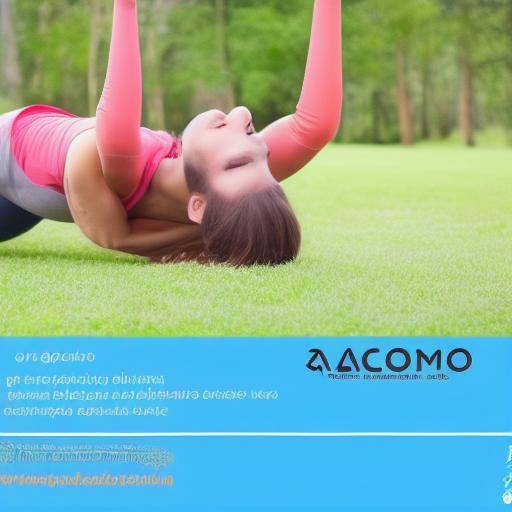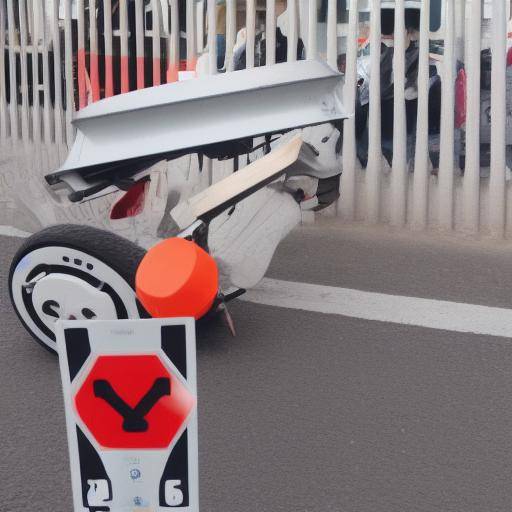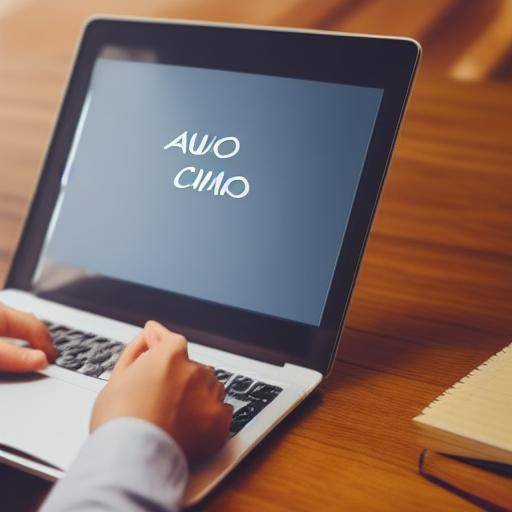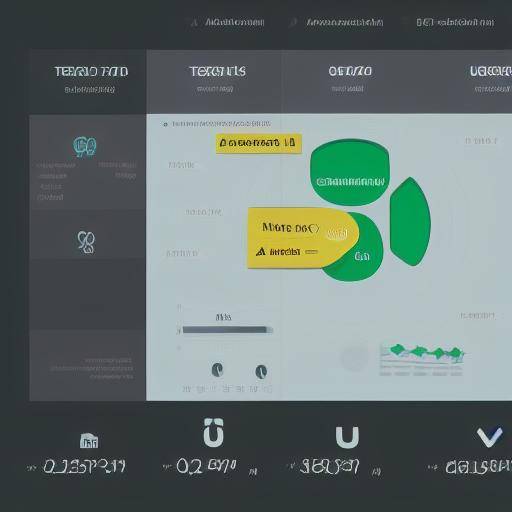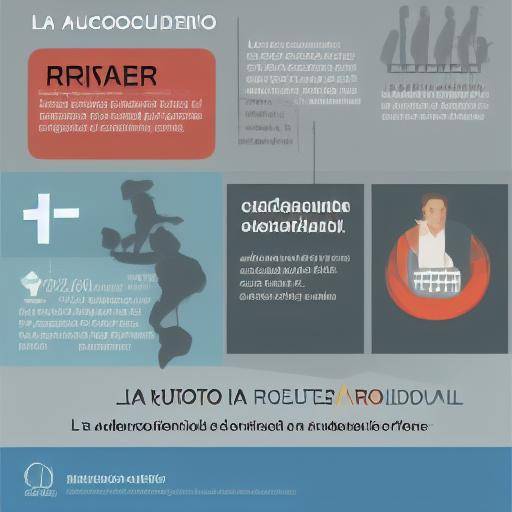
Self-care is essential to maintain a balance in everyday life and to prevent extreme exhaustion, known as "burnout". In this article, we will explore in depth what is self-care, how to avoid burnout and how this relates to personal well-being.
Introduction
The accelerated rhythm of modern life can lead to high levels of stress and exhaustion. It is therefore essential to learn to take care of ourselves to maintain a state of physical, emotional and mental well-being. In this article, we will discover the benefits of self-care, how to avoid burnout and how to enhance our personal well-being. Join us on this journey towards greater balance and harmony!
History and Background
The concept of self-care has its roots in ancient philosophies and cultures that valued balance and personal harmony. Since ancient times, the importance of caring for the body, mind and spirit was recognized for a full life. Over time, various currents of thought, including psychology and medicine, have contributed to the understanding and development of self-care as an essential practice for well-being.
Today, the frenetic rhythm of modern life has revealed the urgent need to incorporate self-care into our lives. In the midst of labour pressures, family responsibilities and social demands, self-care has become a vital resource to prevent burnout.
Deep analysis
Self-care encompasses a wide range of practices ranging from simple habits such as good eating and sleeping properly, to more complex activities such as meditation and therapy. These practices, when integrated in a coherent way in our daily routine, can significantly reduce the risk of burnout and improve our overall well-being.
Burnout, on the other hand, may manifest itself as physical, emotional and mental exhaustion due to prolonged exposure to labor or personal stress. Recognizing early signs of exhaustion and taking preventive measures is crucial to preventing burnout from affecting our quality of life.
Personal well-being, understood as a state of balance and satisfaction in different aspects of life, is directly affected by our self-care practices and our ability to avoid burnout. Finding a balance between work, rest and pleasure is fundamental to preserving our general well-being.
Comprehensive review
Self-care practices, when consciously and coherently integrated into our daily lives, become a powerful tool to preserve our physical and mental health. Establishing self-care routines such as regular exercise, healthy eating, meditation and time management helps prevent extreme exhaustion and maintain a sense of constant well-being.
Although self-care can be challenging in such a demanding world, it is essential to recognize its value and give it the importance it deserves. Working on improving our self-care practices may require significant changes in our daily lives, but long-term benefits are worthwhile.
Comparative analysis
Self-care, burnout and personal well-being are interconnected elements that directly influence our quality of life. While self-care provides us with the tools necessary to prevent extreme exhaustion, personal well-being is the result of maintaining a balance between our responsibilities and our personal needs.
Practical Tips and Accessible Tips
Developing a custom self-care routine is a fundamental step in avoiding burnout and improving our overall well-being. Some practical tips include:
- Establish healthy limits in work and in our personal relationships.
- Prioritize rest and free time.
- Practice activities that give us pleasure and relaxation, such as reading, art or nature.
- Find emotional support when necessary.
Industrial Perspectives and Expert Reviews
Experts on personal health, well-being and development agree on the importance of self-care as a key tool to prevent burnout and promote well-being. They recognize that, in an increasingly demanding working environment, it is crucial to promote the importance of self-care and to create spaces that foster healthy practices within organizations.
Case Studies and Practical Applications
Through different case studies, we have been able to see how the implementation of self-care programs in working environments has contributed significantly to reducing stress and exhaustion levels among employees. These cases clearly illustrate the tangible benefits of promoting self-care practices in the workplace.
Future Trends and Predictions
Current trends point to a growing interest in promoting self-care in different areas, including work, education and staff. This approach to self-care and well-being is expected to continue to increase, and organizations and communities are expected to adopt a more holistic approach to health and personal development.
Conclusion
In this article, we have explored in detail how to develop a self-care routine can prevent burnout and enhance our personal well-being. It is essential to remember that dedicating time and attention to caring for ourselves not only improves our quality of life, but also provides us with the necessary tools to meet the challenges of life with greater resilience and strength.
Frequently asked questions
What is self-care and why is it important?
Self-care refers to the practices and actions we do to maintain our health and well-being, both physical and mental. It is essential to prevent extreme exhaustion and promote a balanced life.
What are the signs of burnout and how can I recognize them?
Burnout is manifested as physical, emotional and mental exhaustion, accompanied by persistent wear and tear feelings. Recognizing these early signs is crucial to taking preventive measures.
How can I integrate self-care into my daily routine?
The key is to identify self-care practices that work best for you and find ways to integrate them coherently into your daily life. Starting with small changes and maintaining consistency is fundamental.
What impact does self-care have on personal well-being?
Self-care is essential to maintain a general welfare state. By taking full care of us, we promote a physical, mental and emotional balance that is positively reflected in our quality of life.
What is the importance of self-care in working environments?
The promotion of self-care in working environments contributes significantly to the reduction of stress, exhaustion and labour conflicts. In addition, it improves the productivity and satisfaction of employees.
What are the current trends in the field of well-being and self-care?
At present, there is a growing interest and focus on comprehensive welfare in labour, educational and personal areas. This trend is expected to continue to increase in the coming years.
In short, self-care is critical to avoiding burnout and fostering personal well-being. By recognizing its importance and promoting its constant practice, we can significantly improve our quality of life and face the daily challenges with greater strength and balance. Don't wait any longer to start your path to greater self-care and well-being!
Conclusion: Self-care is a fundamental part of maintaining a balance in our lives. It is important to prevent burnout and promote a general welfare state. Through the implementation of self-care practices, we can improve our quality of life and face the daily challenges with greater resilience and strength.
FAQs: What is self-care and why is it important?
Self-care refers to the practices and actions we do to maintain our health and well-being, both physical and mental. It is essential to prevent extreme exhaustion and promote a balanced life.
What are the signs of burnout and how can I recognize them?
Burnout is manifested as physical, emotional and mental exhaustion, accompanied by persistent wear and tear feelings. Recognizing these early signs is crucial to taking preventive measures.
How can I integrate self-care into my daily routine?
The key is to identify self-care practices that work best for you and find ways to integrate them coherently into your daily life. Starting with small changes and maintaining consistency is fundamental.
What impact does self-care have on personal well-being?
Self-care is essential to maintain a general welfare state. By taking full care of us, we promote a physical, mental and emotional balance that is positively reflected in our quality of life.
What is the importance of self-care in working environments?
The promotion of self-care in working environments contributes significantly to the reduction of stress, exhaustion and labour conflicts. In addition, it improves the productivity and satisfaction of employees.
What are the current trends in the field of well-being and self-care?
At present, there is a growing interest and focus on comprehensive welfare in labour, educational and personal areas. This trend is expected to continue to increase in the coming years.
In short, self-care is critical to avoiding burnout and fostering personal well-being. By recognizing its importance and promoting its constant practice, we can significantly improve our quality of life and face the daily challenges with greater strength and balance. Don't wait any longer to start your path to greater self-care and well-being!


















